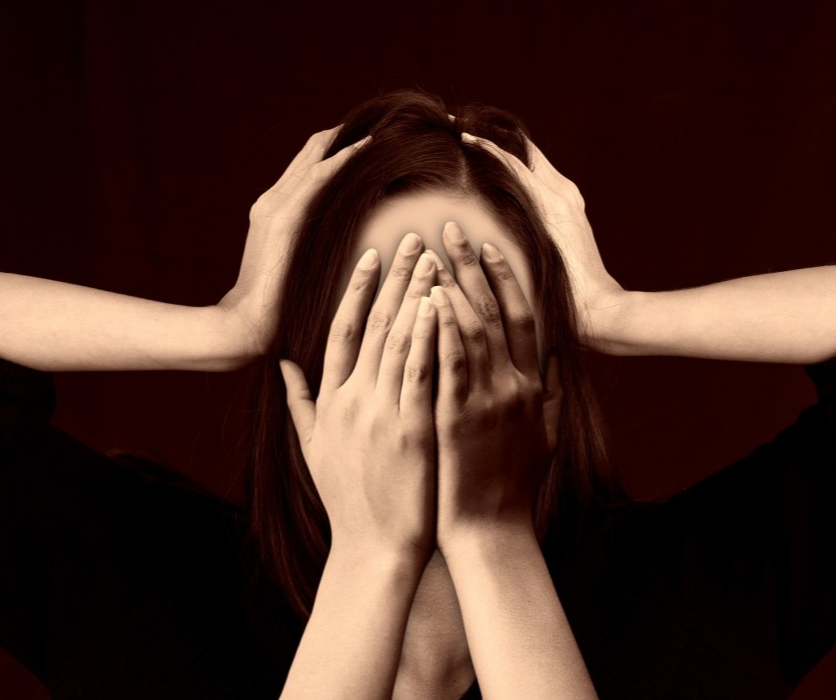Rachel & Me—and unconscious bias
On the final day of the National Gay & Lesbian Chamber of Commerce convention, I ran into a woman spoken to quite a bit during the previous few days—a straight woman there on behalf of her company, founded and run by two gay men.
“So how was your night last night?” she asked. “Did you go out after the reception?”
“Last night?” I said, “I went to bed with Rachel [pause] Maddow.”
It’s a pretty reliable joke. But on this occasion, it went somewhere completely unexpected.
“Oh,” she said, sort of laughing. “But she’s married to a man, isn’t she?”
[GIANT PAUSE] And then I set her, you’ll pardon the expression, straight.
I know what happened. At least I’m pretty sure—I was too stunned at the time to ask. But I did the important thing: I corrected the record.
I think at some point she heard that Maddow is married and then unconscious bias kicked in. Married woman = woman with husband, right?
Sheesh.
Marriage has been legal for same-sex couples everywhere in the country for several years now. It’s past time to drop the assumption that a married person must have an opposite-sex partner.
And this from a woman who works for gay men, who chose to attend an NGLCC conference, who self-identifies as an ally.
Unconscious bias can happen to everyone
 Do you have unconscious bias? If you’re a human being, the answer is yes. I mean, maybe the Dalai Lama has escaped it, but the rest of us all form opinions about things. And sometimes we base those opinions not on facts but on stories we tell ourselves.
Do you have unconscious bias? If you’re a human being, the answer is yes. I mean, maybe the Dalai Lama has escaped it, but the rest of us all form opinions about things. And sometimes we base those opinions not on facts but on stories we tell ourselves.
Regular readers know I’m a great advocate of story-telling, but only the conscious kind. When we tell ourselves stories about people without having any facts to back them up, that’s called stereotyping. Or, if it’s done by law enforcement-types, profiling.
Now this particular instance of unconscious bias didn’t cost anyone their job—although if the woman’s gay bosses found out she thought Rachel Maddow was straight…well, who knows what would have happened?
But her unconscious bias gave me the perfect opening story for the panel I participated in less than an hour later. I used it to illustrate the idea that we LGBT people must continue to be visible, because some people will unconsciously “straighten us out,” as the woman did to Rachel Maddow.
LGBT people can have unconscious bias, too—like when we hear someone’s a Christian and automatically assume that means they think we’re going to hell. Hey—I’ve been an Episcopalian for nearly 30 years; I know not all Christians hate us. And I still get wary when I meet someone who identifies as a Christian.
We’ve got our work cut out for us—all of us. But we can’t eliminate the evils of racism, homophobia, and all the other -phobias and -isms out in the world until we tackle the -isms and -phobias that live in our own heads.